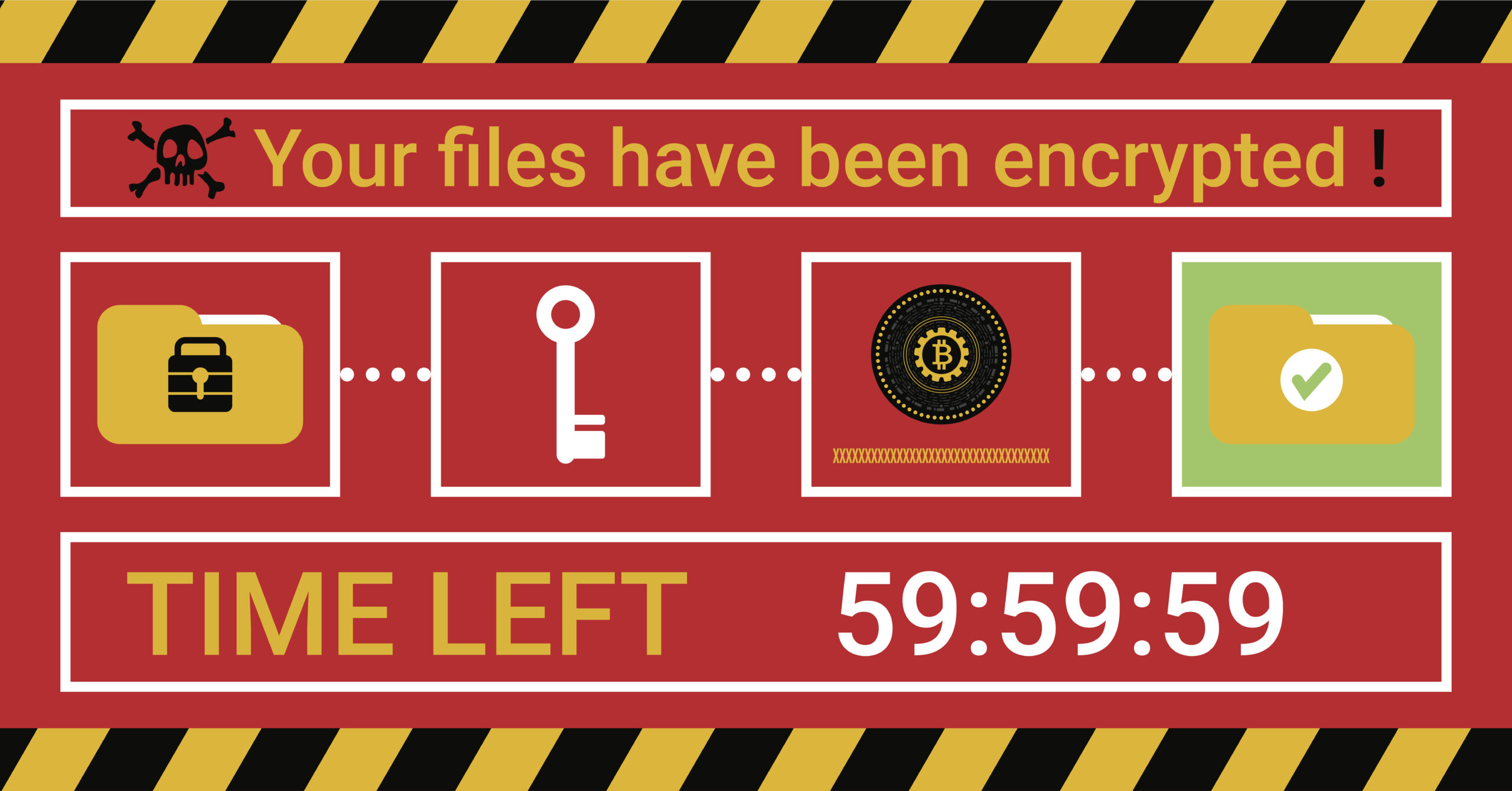On Wednesday, May 3, reports emerged that the Dallas Police Department had been hit with a ransomware attack. As the day wore on, it became apparent that numerous additional systems had also been affected. The websites of the Fire and Water Utilities were disabled, as well as parts of the library system. The city’s Court and Detention Services Department was also hit, and its record-processing system taken offline.
Cybersecurity experts familiar with the event point to a group of ransomware specialists called Royal as the culprits. Royal are themselves connected to Conti, a gang of cybercriminals with known ties to Russian intelligence.
According to the Dallas Police Department, 911 services were never at risk; representatives argued that the attack’s impact on the overall public was therefore minimal. However, a police spokesman admitted to Reuters that the city’s computerized dispatch system was impacted, and Dallas courts were forced to close on both Wednesday and Thursday of that week.
Ransomware on the Increase
This incident is far from the first time hackers have targeted state and local governments. For example, in 2021, a Russia-linked hacker group leaked a trove of documents stolen from a police department in Washington, DC. State governments including New York, Florida, Louisiana, and Maryland have all been hit, as have specific cities (perhaps most famously, Baltimore in 2019) and even small, seemingly unremarkable towns. The governments of Lake City and Riviera Beach in Florida gained some unwelcome notoriety when they agreed to pay ransomware attackers one million in Bitcoin in order to liberate their systems.
Surely the escalation of ransomware attacks on state and local governments has inspired taxpayers to demand increased protection. . . right?
Well . . . sort of?
In a survey conducted by Panda Security, only about half of the people wanted to see their governments spending more taxpayer dollars on preventing ransomware attacks. Interestingly, 86 percent of people in the same survey declared that governments should never pay ransoms.
This leaves me wondering what those who won’t pay for either prevention or ransoms expect to happen instead?! Recovering from a ransomware attack is not cheap, whether the ransom is paid or not; either way, the cost is coming out of taxpayer pockets.
Must we wait for an attack that does compromise emergency services for more taxpayers to start taking this issue seriously?
I can empathize with people who feel that governments are too big and taxes are too high. But what these folks are missing is that cybersecurity is not an “entitlement,” it is a necessity.
What’s more, data protection must be handled in a completely apolitical, non ideological manner. When we treat cybersecurity as a pawn in partisan disputes, the only winners are the hackers themselves—who will continue to siphon off government funds while our representatives hesitate.
It’s also worth remembering that, in addition to making hackers rich, every ransomware “victory” accomplishes one other thing as well. Namely, it funds the research for the next attack, which will be even harder to thwart. The only way out of this particular vicious circle is to stop the attacks before they start.
Stopping Ransomware Attacks
The question is: how?
Some argue in favor of hiring outside, “white hat” hackers to do the dirty work. But I strongly disagree. These are fundamentally mercenaries, not public servants. They can’t be expected to have taxpayer’s best interests at heart—indeed, their actions may ultimately be as unethical as the attackers’ are. The fecklessness of legislators is no excuse for any agencies to bypass the rule of law.
At a minimum, a base line strategy must include:
- Email security
- Web filtering
- Endpoint security (e.g. antivirus, antimalware, IDS/IPS etc.)
- Security Information and event management systems and services
- Zero-trust architecture
- Network segmentation and role-based, “least privilege” access
- . . . and last but definitely not least, improved worker cybersecurity awareness training
If you are asking yourself, “should governments be hawkish or dovish on cybersecurity,” then you are asking the wrong question. What we actually want, metaphorically speaking, are eagles: strategic, alert, and sharp. Consider the recent victories against bad actors on the “dark web.” Those were a result of careful study, cooperation, coordination, and thoughtful execution.
You know the old expression, you get what you pay for? That’s as true with cybersecurity as it is with everything else. If we taxpayers choose to pay for robust cybersecurity protection, we have a better shot at enjoying an uninterrupted digital life . But if we choose to hide our heads in the sand, we’ll likely end up paying for what we get: ransomware attacks, interrupted services, and high cleanup costs.
Whether you’re a government entity, a non-profit organization, or a private business, cybersecurity should be at the very top of your list and TMG can help.
Ready to take control of your cybersecurity? Set up a time to speak with me directly and learn more about what cyberCTRL can do for you!


0 Comments